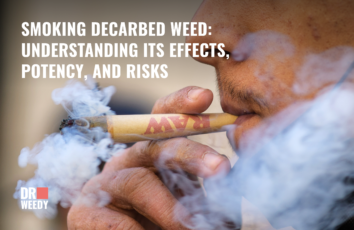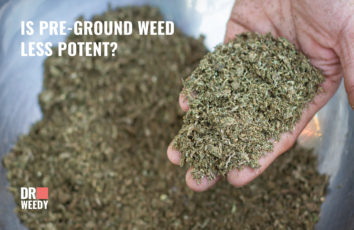Why Do Teenagers Smoke Marijuana?
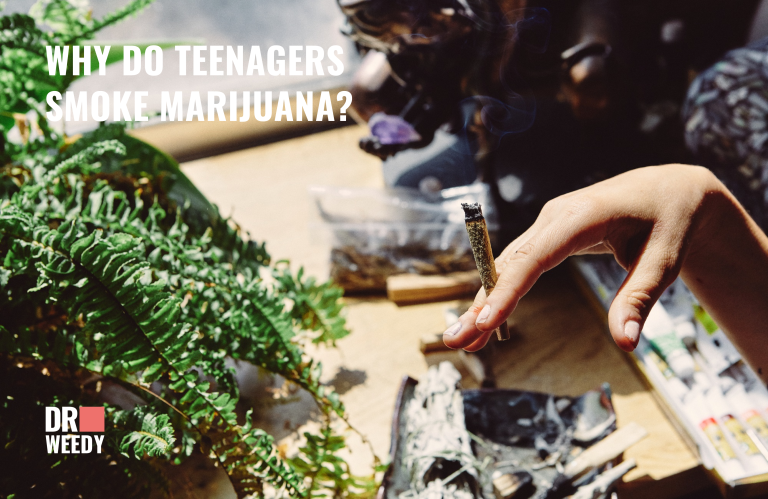
It is probably hard to find a teenager who doesn’t know what weed is. Even when their parents are not users, many of them go on to become users before the end of their teenage years. According to the observations of narcologists, 14-15 years is the most popular age for children to get acquainted with marijuana. This is a period of active puberty, hormonal surges, and psychological instability. A teenager has a strong desire to give up all problems, relieve tension, and forget. In addition to this, smoking weed gives a teenager a deceptive feeling of coolness, exclusivity, and uniqueness.
Of course, the first attempt to smoke cannabis is not a sentence – it can be a banal curiosity of the child or strong pressure from the outside. However, all further attempts may be a teenager’s reaction to the problems surrounding him. Let’s try to figure out what reasons encourage early use of marijuana.
Seven Reasons why Teenagers Smoke Marijuana

- Peer Influence
As the saying goes, show me your friends, and I’ll tell you who you are. Many teenagers get their first pot from friends. It’s important to note that teens are often offered marijuana by their friends. While this isn’t always the case, it’s a common occurrence. Teens want to fit in with the other kids at school, and they think that smoking marijuana will make them cool and give them an edge over other students who don’t do it.
- Conformity Bias
This is the tendency to do something based on the conduct of others. One dangerous assumption of many teenagers is that many other teens like them are into cannabis smoking. And sometimes seeing celebrities doing it on TV also encourages them to want to be like their idols.
- Neighborhood
Environmental factors are major influencers. Teens in a neighborhood with many abandoned buildings are more likely to smoke illegally than those in more stable communities. Also, if adults in the neighborhood publicly smoke weed, they may be inclined to follow suit.
- They assume it is safe
Teens may also be more likely to smoke marijuana because they think it is completely safe to do so, not realizing that smoking cannabis in excessive amounts can cause lung cancer and other respiratory conditions. They misinterpret the legalization of marijuana for medicinal and recreational use to mean it’s completely safe to use.
- It’s easier for them to get marijuana than alcohol or cigarettes
Teenagers find it easier to get marijuana than alcohol or cigarettes. The reason behind this increase in teenage marijuana use is that it has become easier for teenagers to obtain the product from friends and family members who may be using it themselves. According to conducted by Columbia University’s National Center on Addiction and Substance Abuse, 40% of teenagers can obtain cannabis within a day, while another quarter can obtain it within an hour. It also found that teenagers aged 12 to 17 claim marijuana is more accessible than cigarettes, beer, or prescription medicines.
- Teenagers smoke marijuana as an escape mechanism
Life has its challenges, and people handle these in different ways. Many teenagers smoke cannabis to escape bad experiences such as poor academics, abuse, and depression. Also, a shows that one-third of teenagers use marijuana to relieve boredom-a very dangerous pastime activity.
- To feel high
Some teenagers smoke weed to get high and to feel better. A recent study found that one in five teens has a mental condition. To feel better many teens turn to cannabis smoking. The irony, however, is that marijuana usage also has a link to an increased risk of causing psychiatric conditions.
Adverse Effects of Marijuana on Teenagers

THC and cannabidiol, the main active ingredients present in marijuana, exert different effects on the body. While cannabidiol is responsible for most therapeutic effects, THC produces a feeling of ‘high’ or euphoria. Due to the young and ignorant nature of most teenage minds, negative effects are most likely to result from marijuana usage.
Marijuana usage leads to changes in the brain. A team led by Catherine Orr from the Department of psychiatry and psychology of the American University found that the use of cannabis by adolescents results in an increase in gray matter.
Generally, gray matter is the component of the central nervous system that allows people to control their movements, memories, and emotions. So does an increase due to cannabis use make teenagers smarter? Not exactly.
An increase in the number of “gray cells” can harm the health of adolescents who use cannabis. And the negative effect can occur even if they smoke it very rarely. This is because, until the end of adolescence, the brain continues to grow; therefore is particularly sensitive to tetrahydrocannabinol (THC).
As the teenager matures into an adult, the brain reduces in size through the destruction of redundant, unnecessary components, including gray matter. Scientists from the University of Vermont suggest that cannabis use disrupts this process, making the teenage weed user’s brain to become more dense.
Common negative consequences associated with marijuana use in teenagers include:
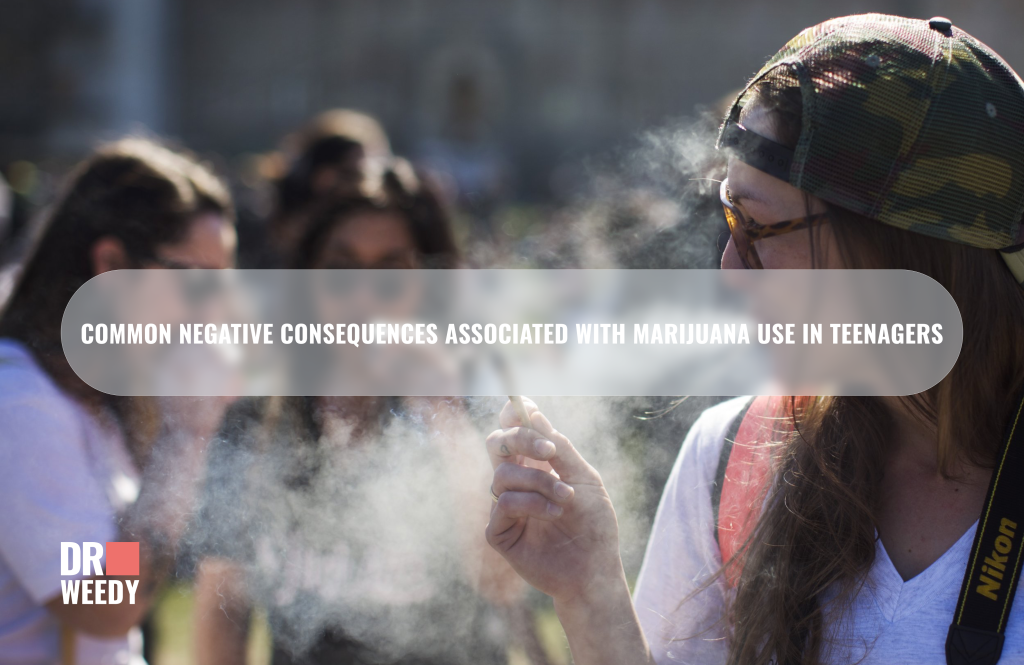
- Dependence and addiction;
- Poor performance in school;
- High probability of anxiety disorders;
- Impaired memory and poor thinking skills;
- Increased risk of psychosis;
- Diseases of the respiratory tract and lungs (similar to tobacco smoking);
- Association with deviant peers;
- Risk of transition to other, more dangerous drugs;
- Confusion and inability to carry on a conversation;
- Paranoid thoughts;
- Stupid and illogical behavior (strange reactions, laughter at unfunny events and phenomena);
- Poor quality of life;
- Death.
Can a Teenager Become Addicted to Smoking Marijuana?
Cannabis addiction is possible. Marijuana’s effects may be felt nearly immediately when THC and other chemicals move from the lungs into the bloodstream and throughout the body and brain. Cannabis addiction or use disorder primarily results when marijuana use becomes uncontrollable and begins to interfere with normal functioning, such as the inability to perform role obligations at home, school, or work, physical dependency, and health concerns.
It is believed that the addiction or dependence on marijuana use in teenagers is linked to certain physiological changes that occur in the brain of teenagers due to continued usage. Withdrawal effects also cause teenagers to become dependent users.
Signs of Marijuana Addiction in Teenage
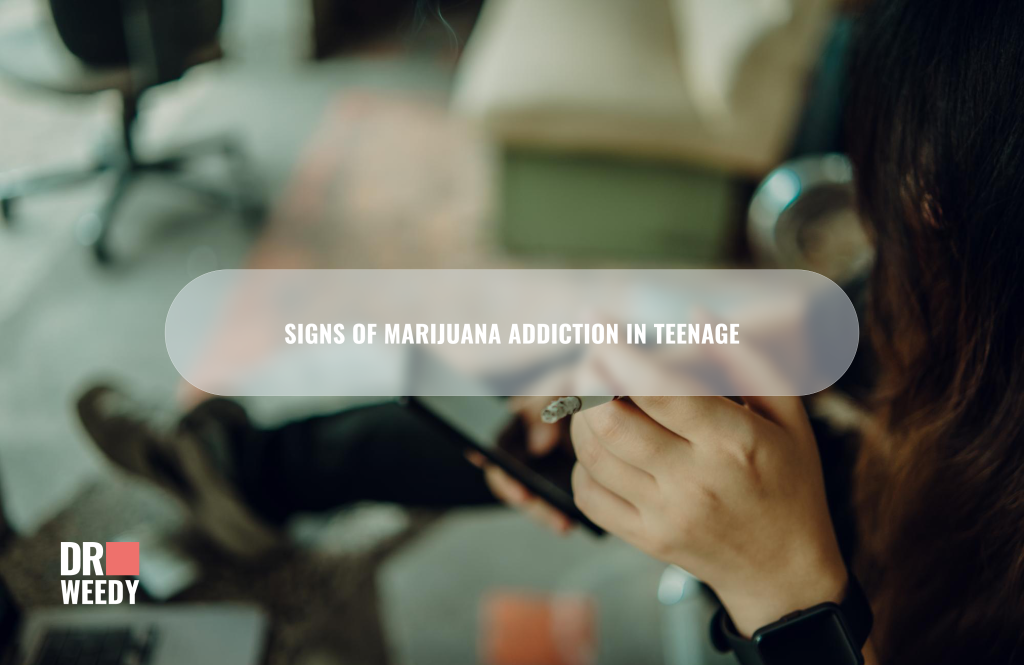
In some teenagers, marijuana dependence can be clearly visible, but for others, parents and guardians need to be extra vigilant to discover these signs. A teenager may be addicted to marijuana use if the following signs are observed:
- Emotional changes;
- Inability to regulate or limit marijuana use;
- Stealing and selling stuff so as to be able to buy marijuana;
- A sudden drop in academic performance;
- Withdrawal from family, friends, and activities that were previously loved;
- Difficulties meeting obligations at work, school, or home as a result of marijuana usage;
- Continuing to consume marijuana despite the fact that it is already affecting health and fitness;
- Presence of marijuana odor or accessories in the house;
- Association with peers known to be smoking or using marijuana.
How to Address Teenage Cannabis Use in your Home

It might be heartbreaking to discover that your precious teens are smoking marijuana. Here are some tips on how to handle the situation:
- Talk to your kids about cannabis
Educate the child about the pros and cons of cannabis use. Ask questions and clearly answer incoming questions yourself. Avoid condemning the teen as this may further push the child into it.
- Use in privacy
To protect your teenage kids, you may have to consider smoking or using your cannabis away from their knowledge and sight.
- Show more love
Sometimes, extra effort is needed to show parental love to teenagers. The challenges of puberty and adolescence can greatly affect their young minds. To keep them on the right track, it is essential to reassure them of your love constantly.
- Follow through with disciplinary actions
Never threaten disciplinary action if you do not plan on following through with it. Understanding that everything has its consequences may deter them from attempting weed smoking even in your absence.
- Watch your youngster’s company, and lifestyle
Evil communication corrupts good manners. Do not permit people of questionable character and lifestyle around your child. Any lifestyle changes should be carefully analyzed for deceptions and errors.
Medical Marijuana and CBD
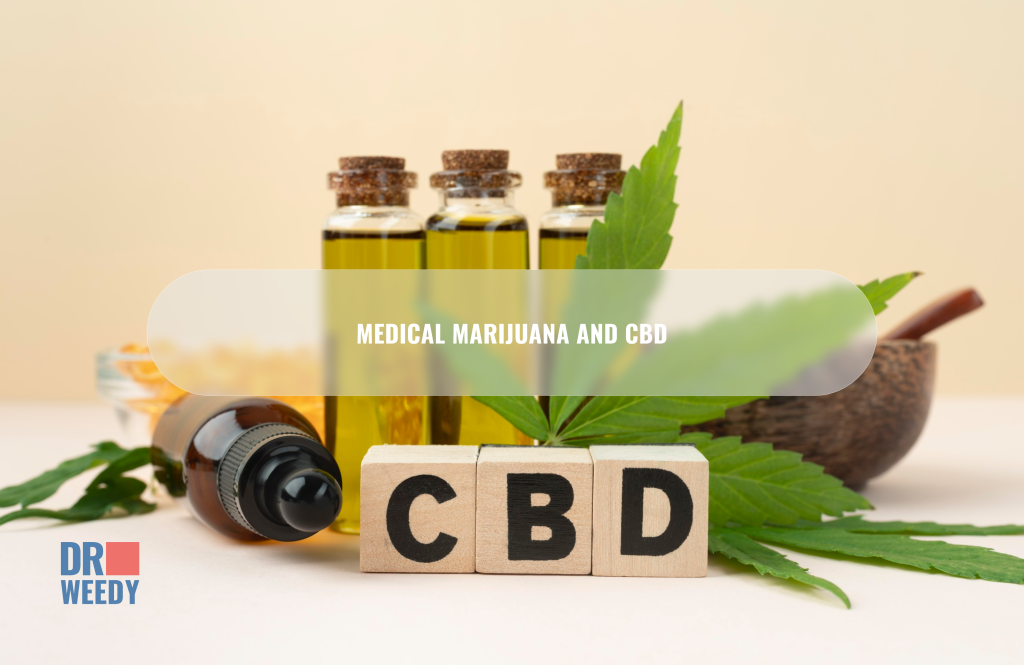
Currently, cannabis is approved in some states for recreational use for adults 21 and above. Teenagers are, therefore, not permitted to use marijuana for recreational purposes.
Regarding medical marijuana, the laws differ from state to state. Nevertheless, only people diagnosed with qualifying conditions are permitted to use medical marijuana.
Also, at the moment, the only FDA-approved CBD- containing drug permitted for use in teenagers is Epidiolex.
Some Indications for the use of Medical Cannabis:
- Chronic pain (especially pain associated with cancer, degenerative diseases of the musculoskeletal system, systemic rheumatic diseases and immunopathological conditions, neuropathic pain, and glaucoma pain).
- Spasticity and related pain caused by multiple sclerosis or spinal cord injury.
- Spasticity that significantly limits the patient’s mobility or respiratory function.
- Hyperkinesis due to neurological disease or complications of neurological disease or spinal injury with damage to the spinal cord or brain.
- Neurological tremors in Parkinson’s disease and other neurological diseases by the decision of a medical specialist.
- Cancer, HIV infection, and epilepsy.
- Tourette’s Syndrome.
- Dermatoses and mucous membrane lesions (external forms of medical cannabis are used).
In any case we strongly recommend consulting our doctor first.
Conclusion
Most marijuana smokers are generally healthy people, although they are always held captive by stereotypes. If you are concerned about your teen smoking marijuana, the first step is to talk to them. Many young people believe that marijuana is not dangerous, but this is not the case. Marijuana may lead to addiction, so it is critical to monitor your teen behavior at all times. You can get professional help as soon as it is needed.

























